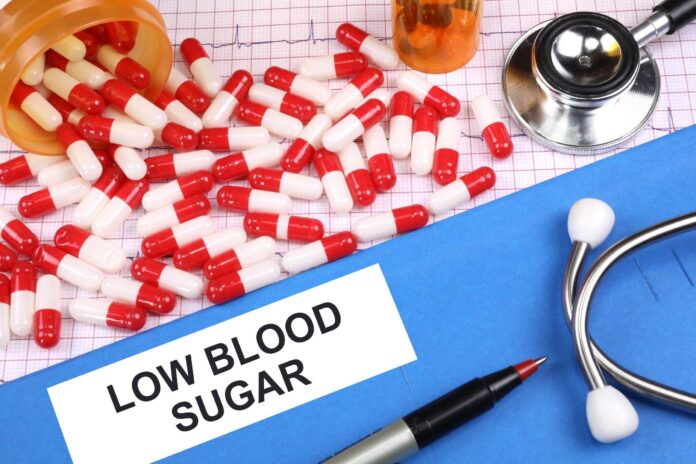
Feeling Shaky or Anxious? It Could be a Sign of Low Blood Sugar
Feeling shaky or anxious can be a frightening experience, especially if you are not sure what is causing it. One common reason for these symptoms is low blood sugar, also known as hypoglycemia. Hypoglycemia occurs when your blood sugar levels drop below normal, causing a variety of symptoms that can range from mild to severe.
In this article, we will explore the relationship between feeling shaky or anxious and low blood sugar, as well as how to recognize the symptoms and what steps you can take to alleviate them.
What is Low Blood Sugar?
Blood sugar, also known as glucose, is the body’s primary source of energy. When you eat food, your body breaks down carbohydrates into glucose, which is then transported through the bloodstream to your cells for energy. However, if your blood sugar levels drop too low, it can lead to hypoglycemia.
There are a variety of reasons why someone might experience low blood sugar, including not eating enough food, skipping meals, exercising excessively, consuming too much alcohol, or taking certain medications like insulin or sulfonylureas. People with diabetes are especially at risk for developing hypoglycemia, as their bodies may have difficulty regulating blood sugar levels.
Symptoms of Low Blood Sugar
Low blood sugar can manifest in a variety of symptoms, which can vary from person to person. Some common signs of hypoglycemia include:
– Shakiness or tremors
– Sweating
– Rapid heartbeat
– Dizziness or lightheadedness
– Hunger
– Headache
– Irritability or mood swings
– Anxiety or nervousness
– Confusion or difficulty concentrating
– Weakness or fatigue
If left untreated, low blood sugar can progress to more severe symptoms such as seizures, loss of consciousness, or even coma. It is important to recognize the signs of hypoglycemia and take appropriate action to raise your blood sugar levels to a safe range.
How to Alleviate Low Blood Sugar Symptoms
If you are experiencing symptoms of low blood sugar, there are several steps you can take to alleviate them and raise your blood sugar levels. Here are some tips to help you manage hypoglycemia:
– Eat or drink something sweet: Consuming a small amount of fast-acting carbohydrates, such as candy, fruit juice, or glucose tablets, can quickly raise your blood sugar levels and alleviate symptoms of hypoglycemia.
– Monitor your blood sugar: If you have diabetes, it is important to check your blood sugar levels regularly to ensure they are within a healthy range. Keeping track of your blood sugar levels can help you identify patterns and make adjustments to your medication or diet as needed.
– Eat balanced meals: Eating regular, balanced meals that include a mix of carbohydrates, protein, and healthy fats can help prevent low blood sugar episodes. Aim to eat three meals a day with healthy snacks in between to maintain stable blood sugar levels.
– Avoid skipping meals: Skipping meals can lead to drops in blood sugar levels and trigger hypoglycemia. It is important to eat regularly and not go too long without food to prevent low blood sugar episodes.
– Stay hydrated: Dehydration can exacerbate symptoms of hypoglycemia, so be sure to drink plenty of water throughout the day to stay hydrated and maintain healthy blood sugar levels.
– Exercise safely: Physical activity can help regulate blood sugar levels and improve insulin sensitivity, but it is important to exercise safely to prevent drops in blood sugar. Be sure to check your blood sugar levels before and after exercise, and have a snack on hand in case you need to raise your blood sugar levels.
– Consult your healthcare provider: If you are experiencing frequent episodes of low blood sugar or have concerns about managing hypoglycemia, it is important to consult your healthcare provider. They can help you develop a personalized treatment plan to manage your blood sugar levels and prevent future episodes of hypoglycemia.
Conclusion
Feeling shaky or anxious can be a sign of low blood sugar, also known as hypoglycemia. If you are experiencing symptoms of hypoglycemia, it is important to take action to raise your blood sugar levels and alleviate your symptoms. By following the tips outlined in this article, you can effectively manage hypoglycemia and ensure that your blood sugar levels remain within a healthy range. If you have concerns about managing low blood sugar, be sure to consult your healthcare provider for personalized advice and guidance. Remember, it is always better to be proactive and take steps to address low blood sugar before it escalates into more serious complications.












